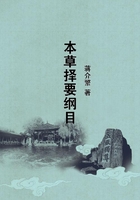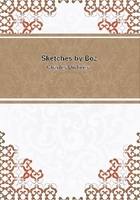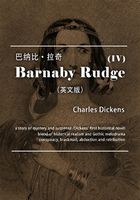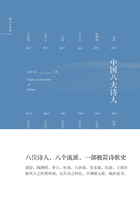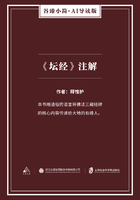The broad, easy road on which the proprietors had hitherto let themselves be borne along by the force of circumstances suddenly split up into a number of narrow, arduous, thorny paths. Each one had to use his judgement to determine which of the paths he should adopt, and, having made his choice, he had to struggle along as he best could. I remember once asking a proprietor what effect the Emancipation had had on the class to which he belonged, and he gave me an answer which is worth recording. "Formerly," he said, "we kept no accounts and drank champagne; now we keep accounts and content ourselves with kvass." Like all epigrammatic sayings, this laconic reply is far from giving a complete description of reality, but it indicates in a graphic way a change that has unquestionably taken place. As soon as serfage was abolished it was no longer possible to live like "the flowers of the field." Many a proprietor who had formerly vegetated in apathetic ease had to ask himself the question: How am I to gain a living? All had to consider what was the most profitable way of employing the land that remained to them.
The ideal solution of the problem was that as soon as the peasant-
land had been demarcated, the proprietor should take to farming the remainder of his estate by means of hired labour and agricultural machines in West European or American fashion. Unfortunately, this solution could not be generally adopted, because the great majority of the landlords, even when they had the requisite practical knowledge of agriculture, had not the requisite capital, and could not easily obtain it. Where were they to find money for buying cattle, horses, and agricultural implements, for building stables and cattle-sheds, and for defraying all the other initial expenses?
And supposing they succeeded in starting the new system, where was the working capital to come from? The old Government institution in which estates could be mortgaged according to the number of serfs was permanently closed, and the new land-credit associations had not yet come into existence. To borrow from private capitalists was not to be thought of, for money was so scarce than ten per cent. was considered a "friendly" rate of interest.
Recourse might be had, it is true, to the redemption operation, but in that case the Government would deduct the unpaid portion of any outstanding mortgage, and would pay the balance in depreciated Treasury bonds. In these circumstances the proprietors could not, as a rule, adopt what I have called the ideal solution, and had to content themselves with some simpler and more primitive arrangement. They could employ the peasants of the neighbouring villages to prepare the land and reap the crops either for a fixed sum per acre or on the metayage system, or they could let their land to the peasants for one, three or six years at a moderate rent.
In the northern agricultural zone, where the soil is poor and primitive farming with free labour can hardly be made to pay, the proprietors had to let their land at a small rent, and those of them who could not find places in the rural administration migrated to the towns and sought employment in the public service or in the numerous commercial and industrial enterprises which were springing up at that time. There they have since remained. Their country-
houses, if inhabited at all, are occupied only for a few months in summer, and too often present a melancholy spectacle of neglect and dilapidation. In the Black-earth Zone, on the contrary, where the soil still possesses enough of its natural fertility to make farming on a large scale profitable, the estates are in a very different condition. The owners cultivate at least a part of their property, and can easily let to the peasants at a fair rent the land which they do not wish to farm themselves. Some have adopted the metayage system; others get the field-work done by the peasants at so much per acre. The more energetic, who have capital enough at their disposal, organise farms with hired labourers on the European model. If they are not so well off as formerly, it is because they have adopted a less patriarchal and more expensive style of living. Their land has doubled and trebled in value during the last thirty years, and their revenues have increased, if not in proportion, at least considerably. In 1903 I visited a number of estates in this region and found them in a very prosperous condition, with agricultural machines of the English or American types, an increasing variety in the rotation of crops, greatly improved breeds of cattle and horses, and all the other symptoms of a gradual transition to a more intensive and more rational system of agriculture.

